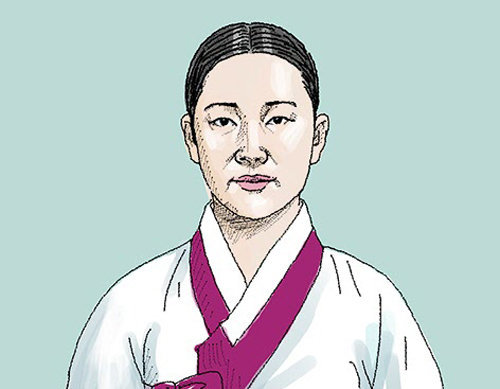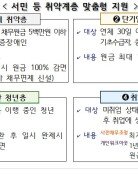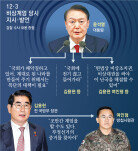First female philosopher
First female philosopher
Posted August. 09, 2023 08:20,
Updated August. 09, 2023 08:20

Philosophy has traditionally been the exclusive domain of men. Although Socrates existed in Greece, there was no female philosopher of such stature. Although there was Toegye in Joseon, there was no female philosopher corresponding to him. In this sense, Im Yunjidang, a 17th-century Joseon woman, is very exceptional. She was a female philosopher who mastered the Neo-Confucian scriptures, thinking that “even though I am a woman, when it comes to the attributes endowed by nature, there is no difference between men and women in the first place” in a male-dominated era.
Her life was miserable. She thought that of Mengzi's "four types of poor people"—an old widower, an old widow, an orphan, and a childless old man—she "had all three" and therefore was a person with no luck. She lost her father at the age of eight and her husband after eight years of marriage, leaving her a widow. She had children but died young. She was over forty and adopted her brother-in-law's eldest son, but he died at the age of twenty-eight. Her shock at the loss of her son caused her eyesight to fail, to the point of her near blindness.
As she said, her life was a series of tribulations that “even a man with a strong heart could not bear.” Especially in her later years. But she persevered. If the harsh fate is irreversible, she persisted, saying that she would follow the course of nature by bettering herself. During the day, she tended to her household chores, and at night, she found time to read and write scriptures without anyone noticing. It was because it was an era when women were frowned upon when they studied. After her death, only "Yoonjidang's Posthumous Works," published by her younger brother and brother-in-law, remain to quietly convey her deep thoughts. Recently, a British daily newspaper Guardian, a scholar named Regan Penaluna named Yoonjidang's Posthumous Works among the 'Top 10 Books of Neglected Female Thinkers'. It is no coincidence that she is quoted as saying "when it comes to the attributes endowed by nature, there is no difference between men and women in the first place" in introducing her as one. It was a limitation and shame of the era, and there was no exception in both the East and the West.







